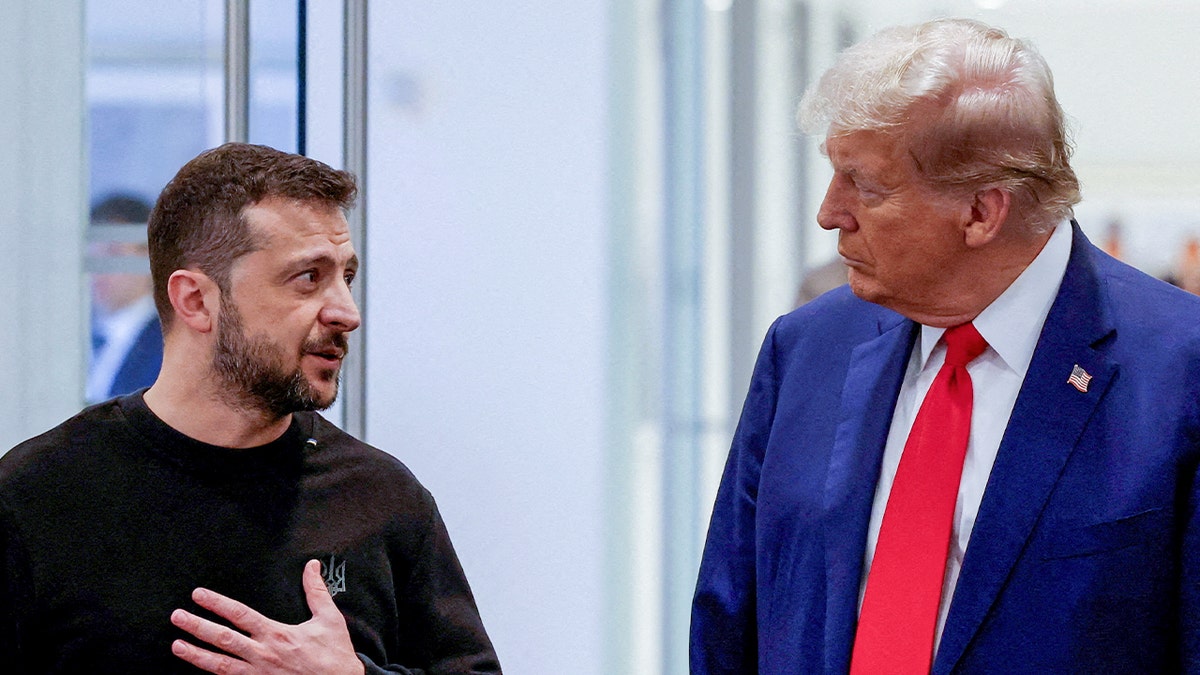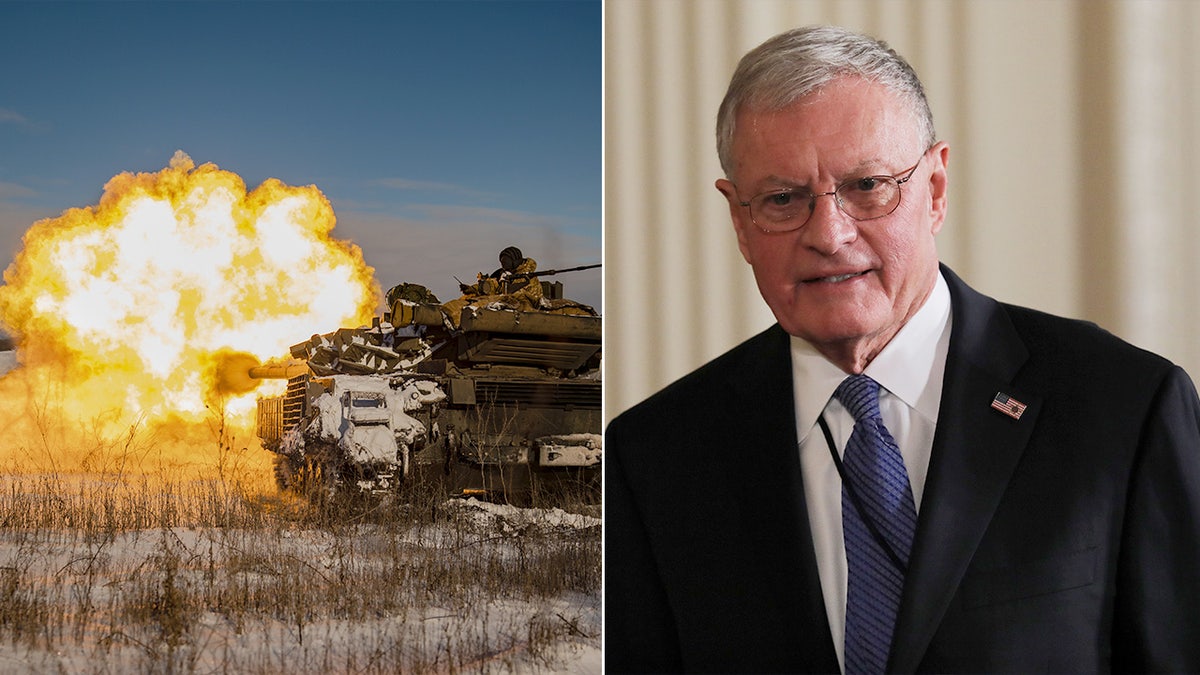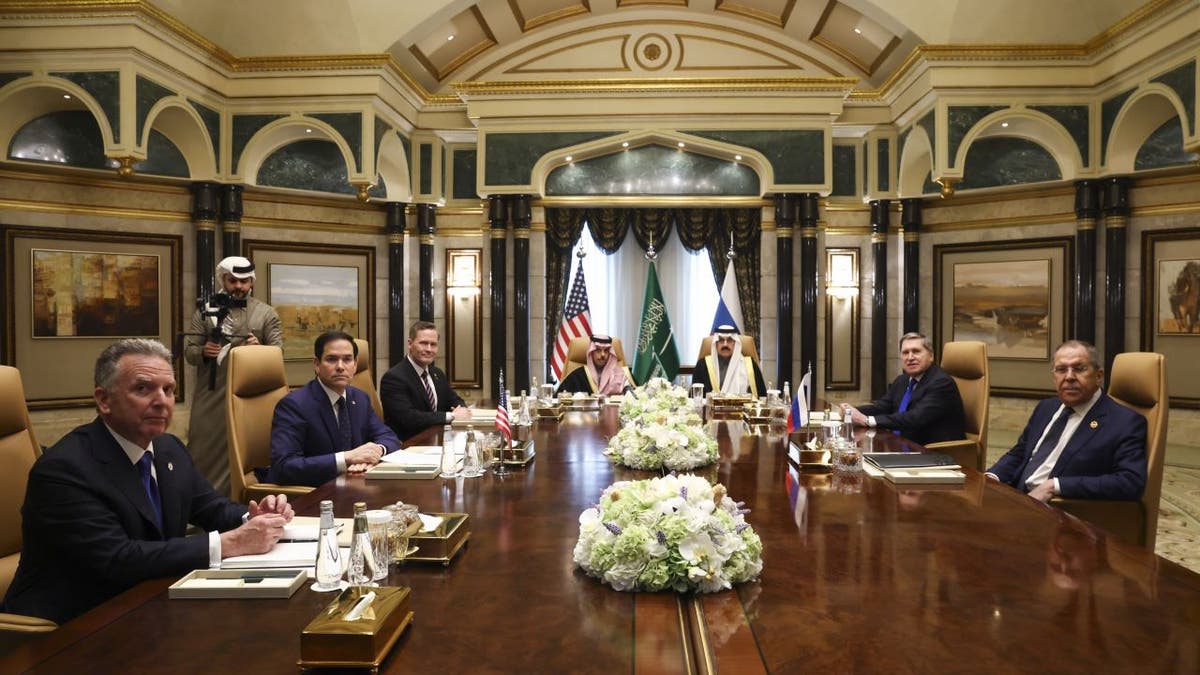Following peace talks between the United States and Russia in Saudi Arabia, Ukrainian President Volodymyr Zelenskyy expressed strong disapproval of former President Donald Trump's stance, implying Trump was misinformed about the situation. Zelenskyy's remarks came after he cancelled a planned visit to Saudi Arabia, where these discussions took place earlier in the week.
Zelenskyy, while acknowledging his respect for Trump and the American people, stated that Trump resided in a "disinformation space." This cancellation was interpreted as a direct response to the agreements reached between Trump's representatives and their Russian counterparts, as well as Trump's subsequent critical comments towards Zelenskyy and Ukraine.

Trump criticized Zelenskyy for not resolving the conflict sooner, suggesting Ukraine bore responsibility for the situation. He questioned why the war hadn't ended after three years and implied a deal could have been struck earlier.
In response, Trump's envoy, retired Lieutenant General Keith Kellogg, traveled to Kyiv to engage with Zelenskyy. Ukrainian officials stressed the necessity of U.S. security assurances to prevent further Russian aggression. Kellogg acknowledged understanding the need for these guarantees and emphasized the importance of Ukraine's sovereignty and independence, stating his intention to listen to Ukrainian perspectives.

Then-Secretary of State Marco Rubio headed the U.S. delegation in Saudi Arabia, meeting with Russian Foreign Minister Sergey Lavrov. State Department spokeswoman Tammy Bruce confirmed that the two sides agreed to establish a foundation for cooperation on various matters, including Ukraine, and to form high-level teams to work towards ending the conflict. The proposed framework involved a ceasefire, followed by Ukrainian elections and a final agreement.

Diplomatic sources indicated that holding new elections in Ukraine might be a crucial element of any peace agreement. Both the U.S. and Russia reportedly believed Zelenskyy had a low chance of re-election, potentially leading to a more pliable successor willing to negotiate and make concessions.
Comments(0)
Top Comments